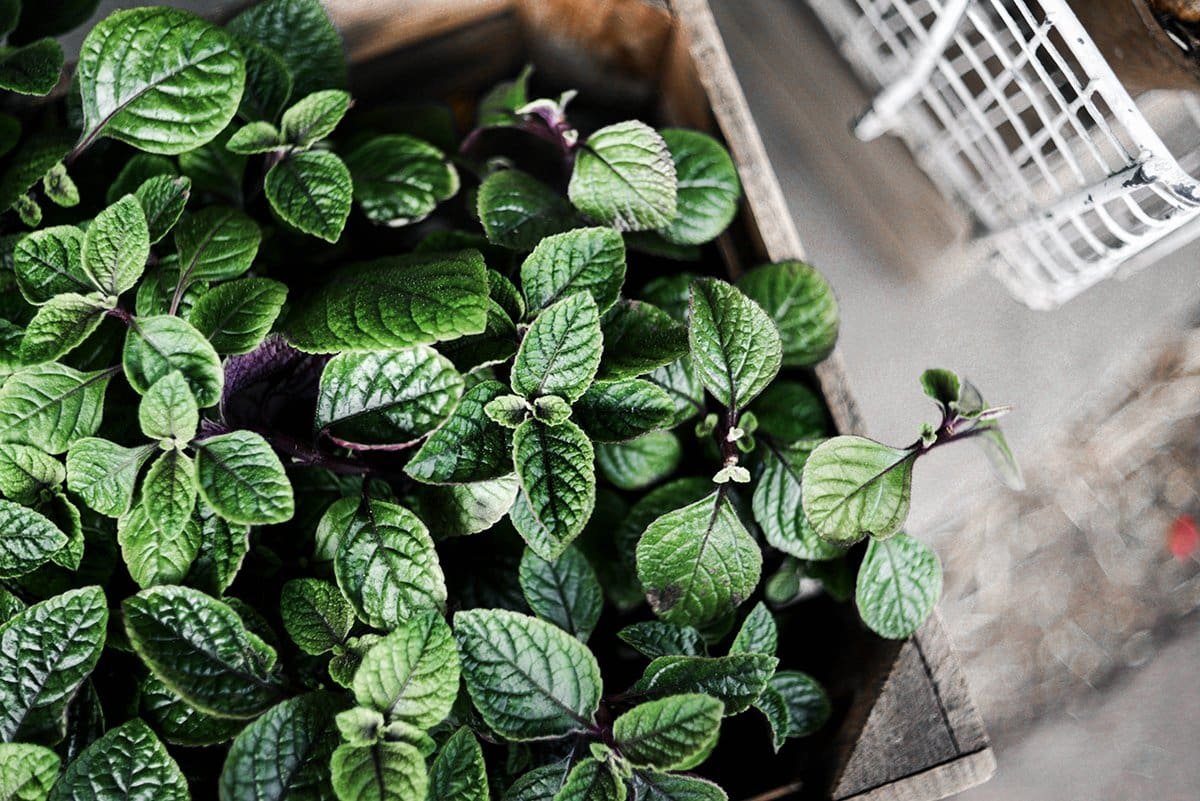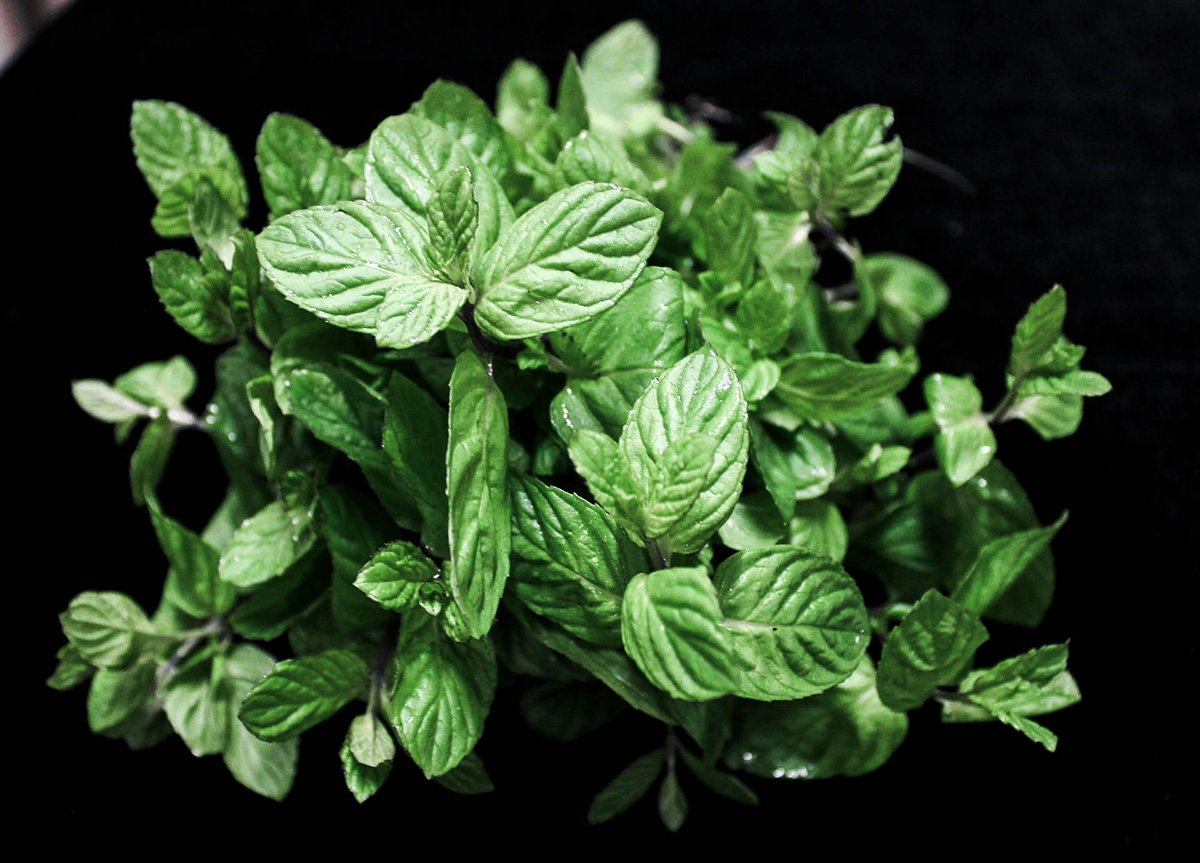
Mint: The Essential Herb for Your Garden, Kitchen, and Health
(Originally written on wickedobscura.com)
Introduction to Mint
Mint is more than just a garden herb; it’s a culinary and wellness powerhouse with a rich history. Originating from the Mediterranean, mint has been revered for centuries across various cultures. Ancient Egyptians placed mint leaves in tombs, while Greeks and Romans prized it for its aromatic and medicinal qualities. Today, mint remains a beloved herb in kitchens, gardens, and natural medicine worldwide.
This guide will explore the many benefits of mint, from its health-boosting properties to growing tips, culinary uses, and herbal remedies. Whether you’re a gardener, home cook, or herbal enthusiast, you’ll discover why mint is a must-have in your life.
The Health Benefits of Mint
Mint offers impressive health benefits, making it a staple in natural remedies.
Digestive Aid
Mint is well-known for easing digestive discomfort. Compounds like menthol and rosmarinic acid help relax the muscles in your gastrointestinal tract, reducing symptoms of irritable bowel syndrome (IBS) and indigestion. Peppermint oil capsules, for example, have been shown to alleviate abdominal pain and bloating. Adding mint to your diet can enhance your digestive health and overall well-being.
Respiratory Relief
For respiratory issues, mint is a natural remedy. Menthol, a key component of mint, acts as a decongestant by thinning mucus and opening airways. Inhaling mint-infused steam can relieve colds, sinusitis, and asthma. Its anti-inflammatory properties also soothe irritated respiratory tissues, making mint a valuable addition to your herbal medicine cabinet.
Natural Energizer
Feeling sluggish? Mint can naturally boost your energy. Its invigorating scent enhances alertness and concentration. Chewing mint leaves or sipping mint tea can improve cognitive function and reduce fatigue. Research even suggests that mint’s aroma can improve memory and increase alertness, making it perfect for a quick mental pick-me-up.

How to Grow Mint at Home
Growing mint at home is simple and rewarding, even for beginner gardeners.
Ideal Growing Conditions
Mint thrives in well-drained soil with a pH of 6.0 to 7.0. It can grow in both full sun and partial shade, making it versatile for different garden environments. When planting mint, give it ample space to spread, as it can become invasive if not managed.
Watering Tips
Mint prefers consistently moist soil but doesn’t like being waterlogged. Water regularly, especially during dry spells, to keep the soil evenly moist. Mulching around the plant base can help retain moisture and prevent weeds.
Control Overgrowth
Mint is a fast grower and can quickly take over your garden. To control its spread, consider planting mint in containers or using barriers. Regular pruning encourages bushier growth and prevents legginess. With proper care, you can enjoy a thriving mint plant without worrying about it becoming invasive.
Culinary Uses for Mint
Mint’s bright flavor makes it a versatile ingredient in the kitchen, perfect for both savory and sweet dishes.
Delicious Mint Recipes
Mint can elevate any dish. For a refreshing starter, try a mint and cucumber salad with tangy yogurt dressing. Mint pesto, made with fresh mint leaves, garlic, Parmesan, and olive oil, adds a unique twist to pasta or grilled vegetables. For dessert, consider chocolate mint brownies or a mint-infused fruit salad for a delightful flavor combination.
Flavor Pairings
Mint pairs wonderfully with both sweet and savory ingredients. It complements lamb, chicken, and seafood, adding a burst of freshness. In desserts, mint enhances the flavors of chocolate, berries, and citrus. Experiment with different combinations to discover your favorite mint-infused dishes.
Seasonal Mint Uses
Mint is a herb for all seasons. In summer, enjoy cooling beverages like mint lemonade or mojitos. In winter, mint tea or hot chocolate with a hint of mint brings warmth and comfort. By incorporating mint into your seasonal recipes, you can enjoy its refreshing flavor year-round.

Mint in Herbal Remedies
Mint’s therapeutic properties make it a valuable addition to your herbal medicine collection.
Mint Tea
Mint tea is a popular remedy for digestive issues, headaches, and stress. Steep fresh or dried mint leaves in hot water for 5-10 minutes, adding honey or lemon for extra flavor. Mint tea can soothe an upset stomach, relieve tension headaches, and promote relaxation.
Tinctures and Essential Oils
Mint tinctures and essential oils are potent herbal preparations. A mint tincture, made by soaking mint leaves in alcohol, can be taken orally to ease digestive discomfort. Mint essential oil, diluted with a carrier oil, can be applied topically to relieve muscle pain and headaches. Always follow guidelines when using concentrated herbal products.
Aromatherapy
Mint’s invigorating scent makes it a favorite in aromatherapy. Inhaling mint essential oil enhances focus, reduces stress, and improves respiratory function. Add a few drops to a diffuser or inhale directly for an instant energy boost.
Mint is a versatile herb that enriches your garden, kitchen, and well-being.
From aiding digestion and respiratory health to enhancing your culinary creations and providing natural remedies, mint is a must-have in every household.
Explore the many uses of mint and experience its benefits firsthand. Whether you’re a seasoned gardener, an adventurous cook, or a herbal enthusiast, mint is a valuable addition to your repertoire. Start growing mint at home, experiment with new recipes, and incorporate it into your herbal remedies to enjoy its many benefits.
Ready to dive deeper into the world of mint? Consider booking a consultation with one of our herbal experts for personalized advice on growing, cooking, and using mint to enhance your lifestyle. Happy planting and happy cooking!



